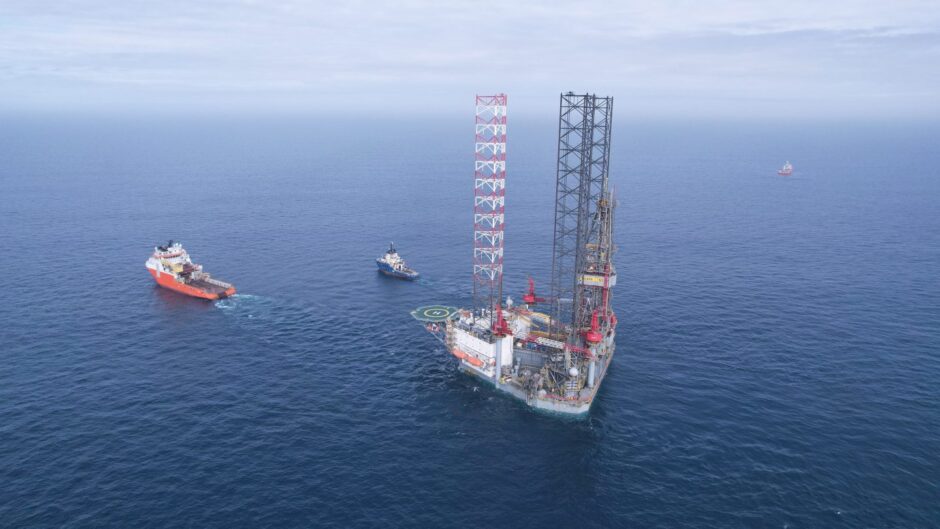
Shell (LON:SHEL) has given the green light to the next stage of a gas discovery in the Southern North Sea, delivering a shares boost for its partner Deltic Energy (AIM:DELT).
Shares in the North Sea minnow jumped by over 13% by close of play on Thursday.
Deltic confirmed that well costs on Selene would come in under budget, with field operator Shell confirming that the partners in the joint venture would press ahead for the second term of the licence.
This will allow for further work ahead of the final investment decision (FID).
Panmure Liberum analyst Ashley Kelty hailed the “positive update”, adding the “news that Shell wish to proceed towards development is highly encouraging”.
In a statement, Deltic provided an updated cost estimate for the well at $48 million, which came in below the $49m “carry cap”.
This meant the firm doesn’t expect to have any residual cost exposure to the well drilling costs and it confirmed it has cash of £1.9m.
The firm’s new chief executive Andrew Nunn recently confirmed to Energy Voice that it was seeking a further investor in the project in which it could farm down further it’s 25% stake ahead of an FID.
The North Sea explorer owns 25% of Selene after South Korea’s Dana bought out a 25% share in February, with supermajor Shell claiming the remaining half.
Deltic reported that Shell will now seek to agree a” low-cost work programme” and an FID timeline with the North Sea Transition Authority (NSTA).
With the Valaris 123 drilling rig having been demobilised on 10 November, Nunn said the well was “completed safely and within the carry resulting from the farm-outs to Shell and Dana”.
He added: “Getting JV agreement on moving into the second term of the licence is another key milestone on the journey from discovery to development for Selene. It also reflects the high quality nature of Selene’s reservoir and the expectation of a low cost development with enhanced production and economic potential from the asset.
“This decision to move into the second term of the licence kicks off an incredibly busy period, as we support the operator through the various engineering, environmental and regulatory workstreams that need to be pulled together to support a potential final investment decision.
“The workstreams now in train are an important signal to our investors as you wouldn’t commence this process if you didn’t believe there was a material commercial return at the end it. We look forward to updating the market in due course.”
Recommended for you

